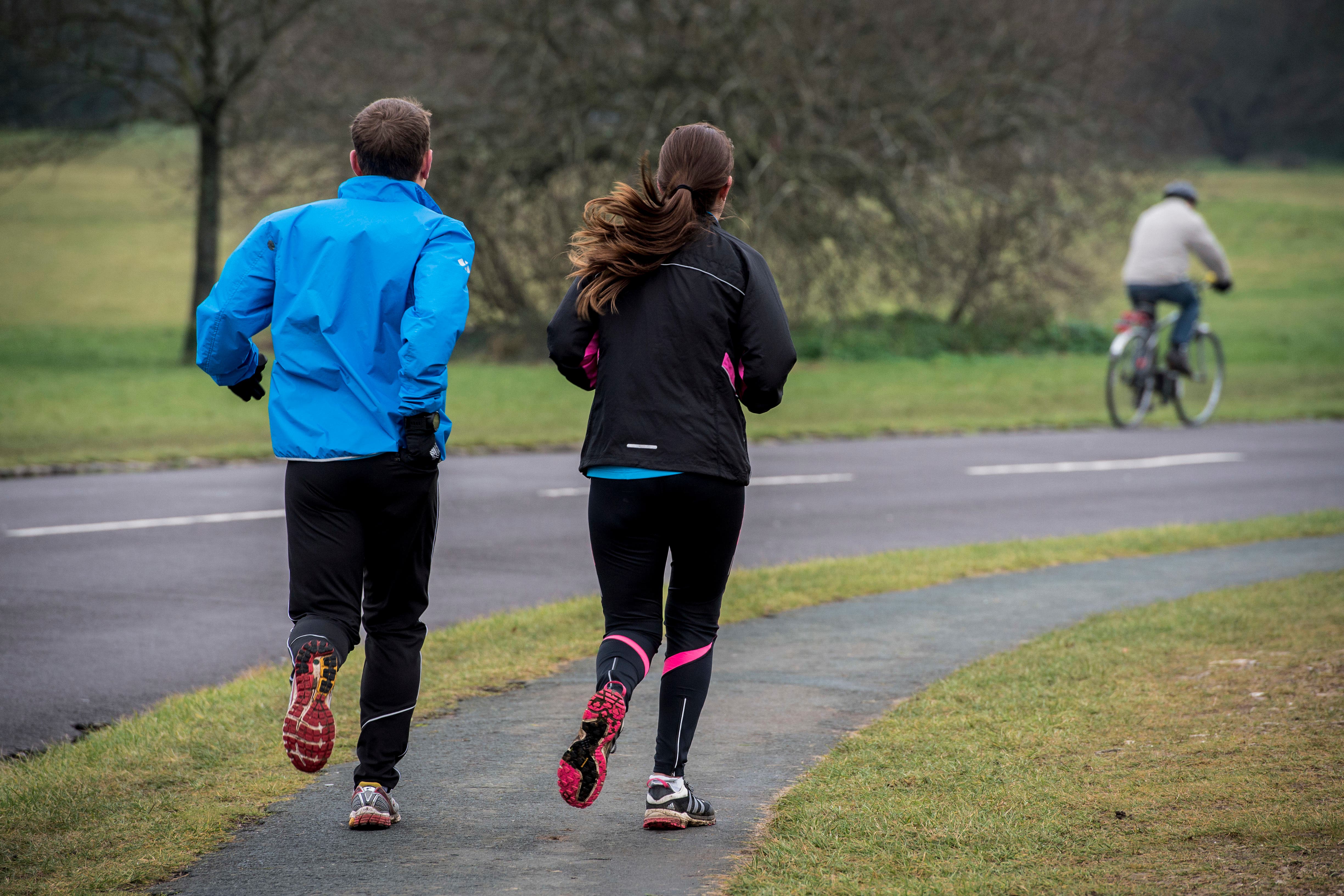Dopamine released during exercise linked to improved reaction times – study
Scientists say the findings could lead to new exercise-based treatments to improve cognitive health across a range of health conditions.

Your support helps us to tell the story
From reproductive rights to climate change to Big Tech, The Independent is on the ground when the story is developing. Whether it's investigating the financials of Elon Musk's pro-Trump PAC or producing our latest documentary, 'The A Word', which shines a light on the American women fighting for reproductive rights, we know how important it is to parse out the facts from the messaging.
At such a critical moment in US history, we need reporters on the ground. Your donation allows us to keep sending journalists to speak to both sides of the story.
The Independent is trusted by Americans across the entire political spectrum. And unlike many other quality news outlets, we choose not to lock Americans out of our reporting and analysis with paywalls. We believe quality journalism should be available to everyone, paid for by those who can afford it.
Your support makes all the difference.Pleasure hormone dopamine is a key cause of improved reaction times following exercise, according to new research.
Scientists at the University of Portsmouth say the findings could lead to new exercise-based treatments to improve cognitive health for conditions including Parkinson’s disease, schizophrenia, ADHD, addiction and depression.
The researchers found that the reaction time of cyclists improved as dopamine levels increased while they took part in exercise.
These findings support growing evidence that exercise prescription is a viable therapy for a host of health conditions across the lifespan
Dr Joe Costello, from the university’s school of sport, health and exercise science, said: “We know cardiovascular exercise improves cognitive performance, but the exact mechanisms behind this process have not been rigorously investigated in humans until now.
“Using novel brain-imaging techniques, we were able to examine the role dopamine plays in boosting brain function during exercise, and the results are really promising.
“Our current study suggests the hormone is an important neuromodulator for improved reaction time.
“These findings support growing evidence that exercise prescription is a viable therapy for a host of health conditions across the lifespan.”
This suggests that when we tell our central command to move our body during a workout, that’s the process which helps the dopamine release in the brain
For the study, published in the Journal of Physiology, 52 male participants were asked to carry out cognitive tasks at rest and while cycling in a positron emission tomography (PET) scanner which monitored the movement of dopamine in their brain.
The results suggested that when a participant cycled lying down in the machine, their brain increased the amount of dopamine release and that this process was linked with improved reaction time.
A second experiment used electrical muscle stimulation to test whether forced muscle movement to stimulate exercise would also improve cognitive performance and a final experiment combined both voluntary and involuntary exercise.
In the experiments where voluntary exercise was carried out, cognitive performance improved but the researchers found this was not the case when only forced electrical stimulation was used.
These latest findings support our previous theory that cognitive performance during exercise is affected by changes to brain-regulating hormones, including dopamine
Sochi Ando, associate professor in the Health and Sports Science Laboratory at the University of Electro-Communications in Japan, said: “This suggests that when we tell our central command to move our body during a workout, that’s the process which helps the dopamine release in the brain.”
Dr Costello added: “These latest findings support our previous theory that cognitive performance during exercise is affected by changes to brain-regulating hormones, including dopamine.
“There could also be a number of other psychophysiological factors including cerebral blood flow, arousal and motivation that play a part.”